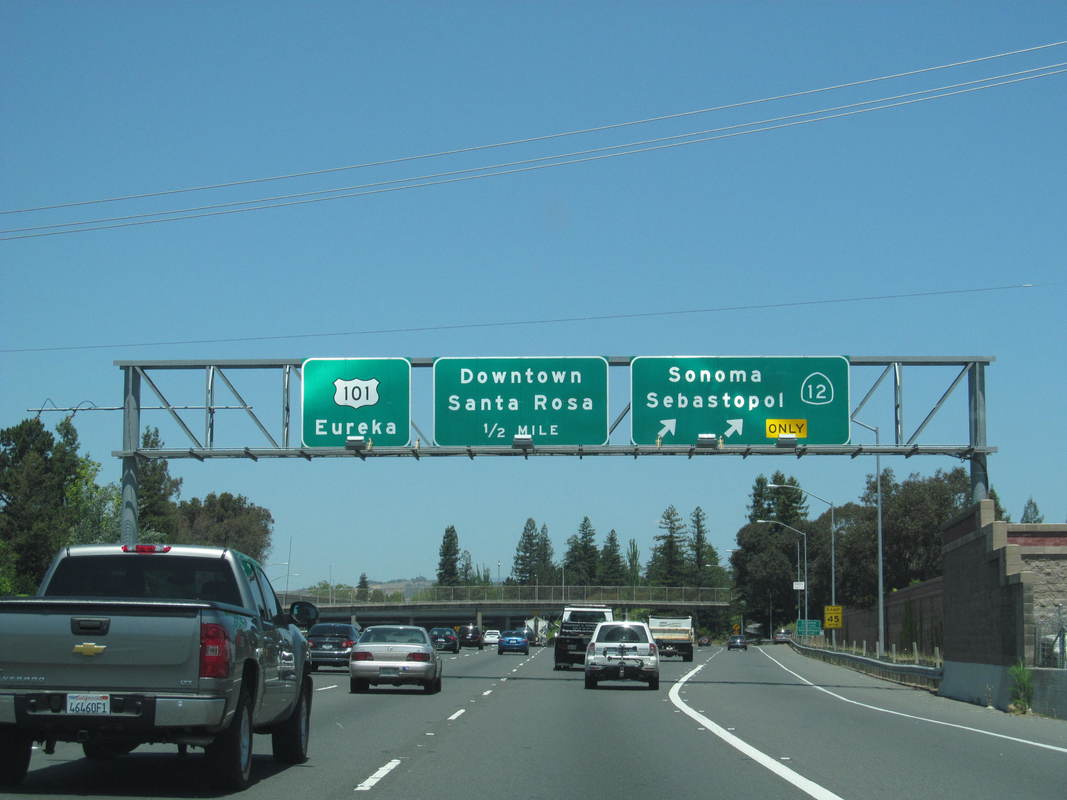|
We’ve all heard it before: ignorance of the law is no defense. Police officers, prosecuting attorneys and judges alike utter the phrase to hold criminal defendants accountable in cases where the defendant had no idea he or she was breaking the law. But what happens when it is a law enforcement official, not a defendant, who is mistaken about the law?
U.S. case law and common sense has long held that the courts will not impose criminal liability for a police officer’s mistaken understanding of the law.[1] For example, the courts would never find you guilty of speeding for driving 45mph in a 50 mph-zone, even if the officer who pulled you over thought the speed limit there was 40 mph. But a U.S. Supreme Court, Heien v. North Carolina, case decided this past year held that the officer’s mistake of the law in the above scenario would still allow him to lawfully pull you over.[2] To understand this decision, one first needs to understand the difference in the legal significant between a traffic stop and a criminal conviction. While a criminal conviction potentially exposes a person to a significant loss of their freedom or their property, a temporary stop, like a traffic stop, only exposes the person to a brief delay.[3] Because of this difference, the police need to prove beyond a reasonable doubt that you are guilty of a crime, but only need reasonable suspicion you have committed a crime in order to stop you. The reason the police need to have a reasonable suspicion, as opposed to “just a hunch” is that the Fourth Amendment states that citizens have the right to be free from unreasonable searches and seizures.[4] Without a doubt, a traffic stop is a seizure within the meaning of the Fourth Amendment,[5] so the next issue that needs to be addressed is whether it was reasonable for the police to stop a citizen when the citizen was not breaking any laws, yet the officer honestly believed the citizen had.[6] In Heien, the defendant was driving down a North Carolina street when he was pulled over because he only had one working brake light. It turned out, however, that in North Carolina, a driver only needs one working brake light and so the defendant had not committed a driving offense. Once the defendant was pulled over, the police officer discovered cocaine in the car, and the defendant was prosecuted for, and subsequently convicted of, attempting to traffic cocaine. The defendant appealed his conviction, knowing that if he could prove to a higher court that the traffic stop was unreasonable, the drugs the police found should have been ruled inadmissible, and therefore should not have been used against him. Claiming that common sense dictates that it must be unreasonable for the police to pull you over for committing what turns out to be a non-crime, he argued the his stop was unreasonable.[7] A majority of the Supreme Court disagreed.[8] As there is a strong interest in ensuring the community is adequately protected, the court cited much precedent that supported the idea that even where the police make a mistake of fact, their actions could still be reasonable.[9] For example, if a police officer sees a person driving in the carpool lane, but cannot see anyone else in the car, the officer is allowed to pull the car over, even if the turns out that there are two small children sitting in the back seat, making the driver’s presence in the carpool lane legitimate. But the court here was not faced with determining the outcome of a case based on a mistake of fact, but instead based on a mistake of law.[10] Because of this difference, the defendant asserted that the reasonableness of a potential mistake not be treated the same way.[11] While the officers are forced to “mak[e] factual assessments on the fly” and thus are allowed some leeway to make mistakes, the defendant argued that officers should know the law, and therefore should not have to make decisions “on the fly.”[12] Nevertheless, the Court still held that “to be reasonable is not to be perfect,” especially as the law is often open to interpretation.[13] What this means for us is that the police now a little more leeway in deciding whether or not there is probable cause to stop you. It remains to be seen how much leeway the courts are willing to give officers in determining if their mistake of law was “reasonable.” ____________ [1] Heien v. North Carolina, 574 U.S. ___ (2014). [2] Heien v. North Carolina, 574 U.S. ___ (2014). [3] See Terry v Ohio, 392 US 1 (1968). [4] U.S. Const. Amend IV. [5] Brendlin v. California, 551 U.S. 249, 255–259 (2007). [6] See Heien v. North Carolina, 574 U.S. ___ (2014). [7] Heien v. North Carolina, 574 U.S. ___ (2014). [8] Heien v. North Carolina, 574 U.S. ___ (2014). Justice Sotomayor dissented. [9] Id. [10] Heien v. North Carolina, 574 U.S. ___ (2014). [11] Heien v. North Carolina, 574 U.S. ___ (2014). [12] See Heien v. North Carolina, 574 U.S. ___ (2014) (Sotomayor, J., dissenting) (quoting Cheek v. U.S., 498 U.S. 192, 199, which stated “the notion that the law is definite and knowable” sits at the foundation of our legal system.) [13] Heien v. North Carolina, 574 U.S. ___ (2014). Comments are closed.
|
AuthorDevina strives to make information relevant to the lives of her clients easily accessible. Archives
July 2024
Categories
All
|
Proudly serving Sonoma, Marin, Napa, Mendocino and Lake Counties (and occasionally venturing as far as Yolo, Santa Clara and San Mateo Counties).
Proudly powered by Weebly
This website is for informational purposes only and does not provide legal advice. Do not act or refrain from acting based on anything you read on this site. Using this site or communicating with the Law Office of Devina Douglas through this site does not form an attorney/client relationship. This site is legal advertising. Please review the full disclaimer for more information. (LINK TO FULL DISCLAIMER PAGE)

 RSS Feed
RSS Feed




